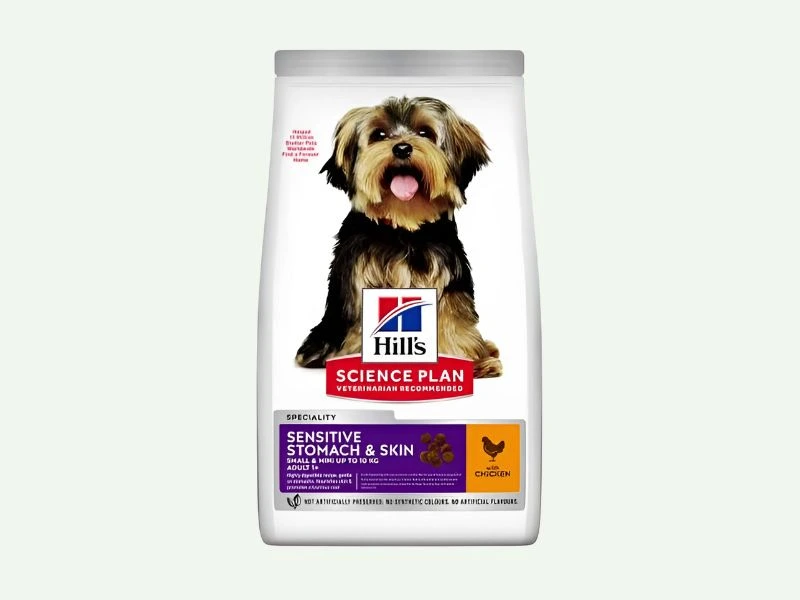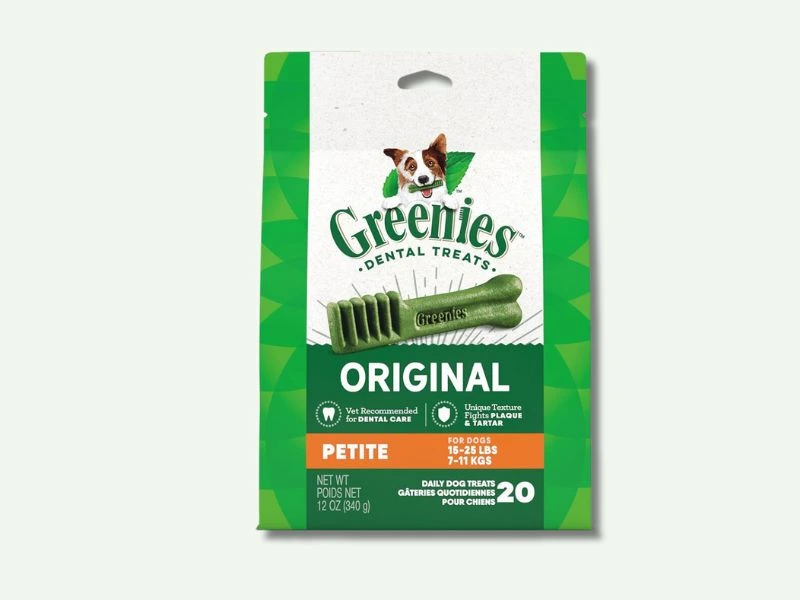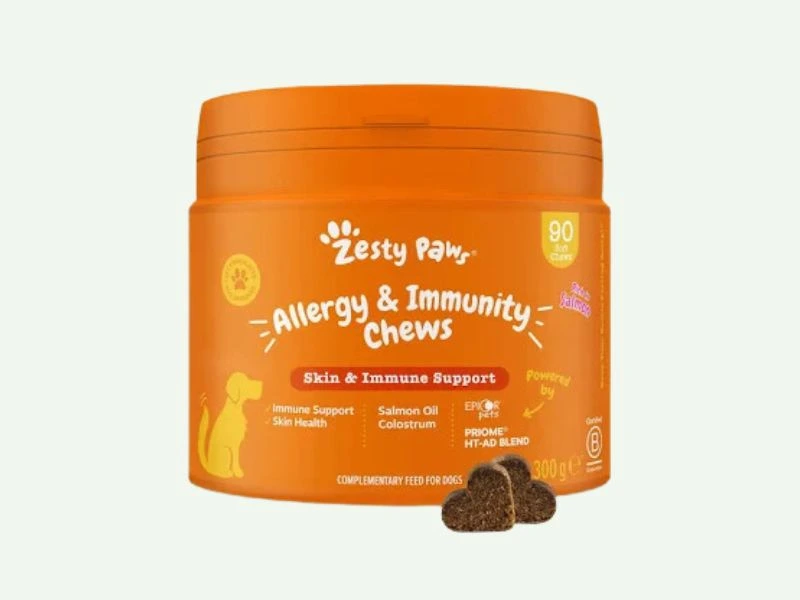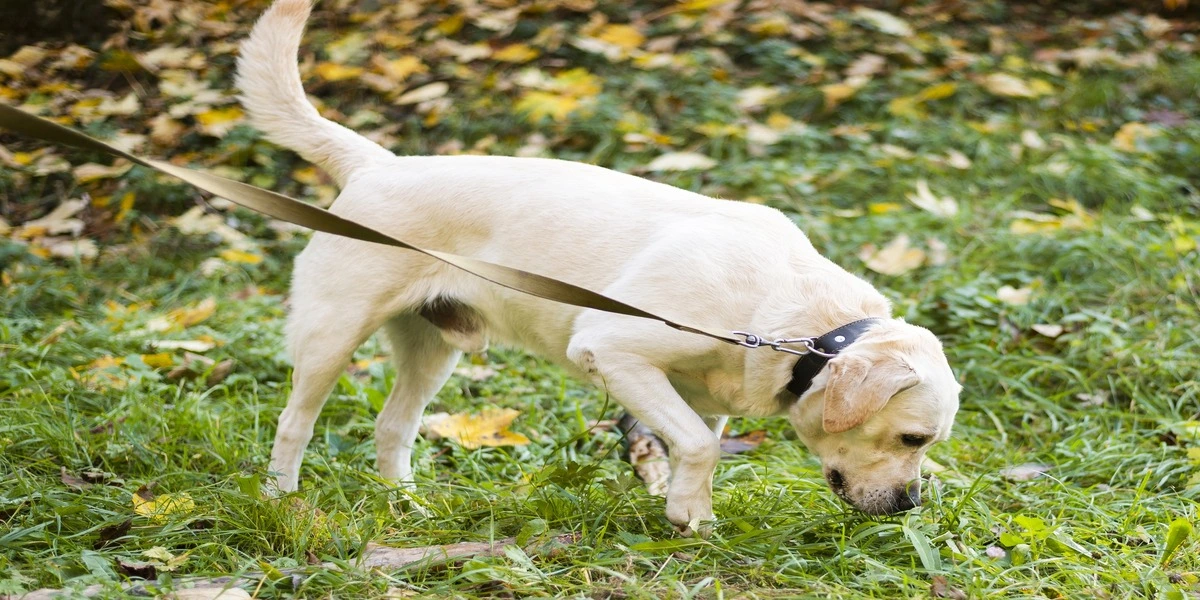Dogs have quirky behaviors that often leave their owners puzzled. One such behavior is eating grass, followed by vomiting yellow bile. While this may initially seem alarming, it’s more common than you think. Understanding the reasons behind this behavior and knowing how to address it can ensure your furry companion stays happy and healthy. In this blog, we’ll delve deeply into the causes, provide actionable advice, and introduce five essential products from Amazon UK that can help.
Why Do Dogs Eat Grass? Understanding the Behavior
Possible Reasons Behind Grass-Eating
Dogs eat grass for a variety of reasons, including:
- Digestive Relief: Grass can act as a natural emetic, helping dogs induce vomiting to rid their stomachs of irritants.
- Nutritional Needs: Sometimes, dogs seek missing nutrients, such as fiber, which might be lacking in their diet.
- Behavioral Causes: Factors like boredom, curiosity, or anxiety can drive dogs to munch on grass.
- Evolutionary Instincts: Some experts believe grass-eating is a leftover instinct from wild dogs, who ate plants alongside prey.
- Taste Preference: Some dogs might simply enjoy the taste and texture of grass.
Is Grass-Eating Normal?
Occasional grass-eating without signs of illness is generally harmless. However, frequent grass-eating accompanied by vomiting—especially of yellow bile—can indicate underlying problems like acid reflux, dietary deficiencies, or gastrointestinal distress.
What Does Vomiting Yellow Bile Mean?
Yellow bile is a digestive fluid produced by the liver and stored in the gallbladder. It aids in breaking down food during digestion. When dogs vomit yellow bile, it often means their stomachs are empty. This can result from:
- Hunger or Extended Fasting: Long gaps between meals can lead to bile build-up.
- Gastrointestinal Issues: Problems like gastritis or acid reflux might trigger bile vomiting.
- Poor Diet: Low-quality dog food lacking essential nutrients can upset your dog’s digestive system.
- Stress or Anxiety: Emotional distress can manifest in physical symptoms, including vomiting bile.
How to Address Grass-Eating and Vomiting in Dogs
Steps You Can Take at Home
- Feed Smaller, Frequent Meals Prevent empty-stomach vomiting by offering smaller meals throughout the day. This reduces bile build-up and stabilizes digestion.
- Switch to High-Quality Dog Food Opt for food formulated for sensitive stomachs or specific dietary needs. High-quality nutrition is the foundation of a healthy digestive system.
- Add Fiber to Their Diet Supplement your dog’s meals with safe, dog-friendly fiber sources like cooked pumpkin or oat bran to reduce grass cravings.
- Provide Mental Stimulation Boredom can lead to unusual behaviors like grass-eating. Engage your dog with interactive toys, regular walks, and training sessions.
- Consult Your Veterinarian If vomiting persists or your dog displays additional symptoms like lethargy, weight loss, or diarrhea, seek professional advice.
Top 5 Products on Amazon UK to Help Dogs Eating Grass and Vomiting Yellow Bile
Here are five carefully selected products designed to tackle this problem effectively:
1. Hill’s Science Plan Sensitive Stomach Dog Food

2. Petlab Co. Probiotics for Dogs

3. Greenies Natural Dog Dental Treats

4. Zesty Paws Aller-Immune Bites

5. Outward Hound Interactive Puzzle Toy

Frequently Asked Some Questions
Is eating grass harmful to dogs?
Generally, no. Most dogs occasionally eat grass without negative effects. However, frequent grass-eating coupled with vomiting might indicate health issues.
What causes yellow bile vomiting in dogs?
The most common cause is an empty stomach, though it can also result from dietary issues, acid reflux, or more serious gastrointestinal problems.
How do I stop my dog from eating grass?
Provide mental stimulation, address any dietary deficiencies, and ensure your dog is emotionally supported. Use products like interactive toys to reduce boredom.
Should I take my dog to the vet for vomiting yellow bile?
If vomiting is frequent or accompanied by other symptoms such as lethargy, loss of appetite, or diarrhea, consult a vet immediately.
What’s the best diet for a dog with digestive issues?
High-quality dog food formulated for sensitive stomachs, supplemented with probiotics and fiber, is ideal.
Conclusion
Watching your dog eat grass and vomit yellow bile can be worrying, but it’s often manageable with a little effort and the right approach. Focus on their diet, keep them engaged, and don’t hesitate to seek advice if needed. Remember, our four-legged friends count on us to make the best decisions for their health and happiness.


